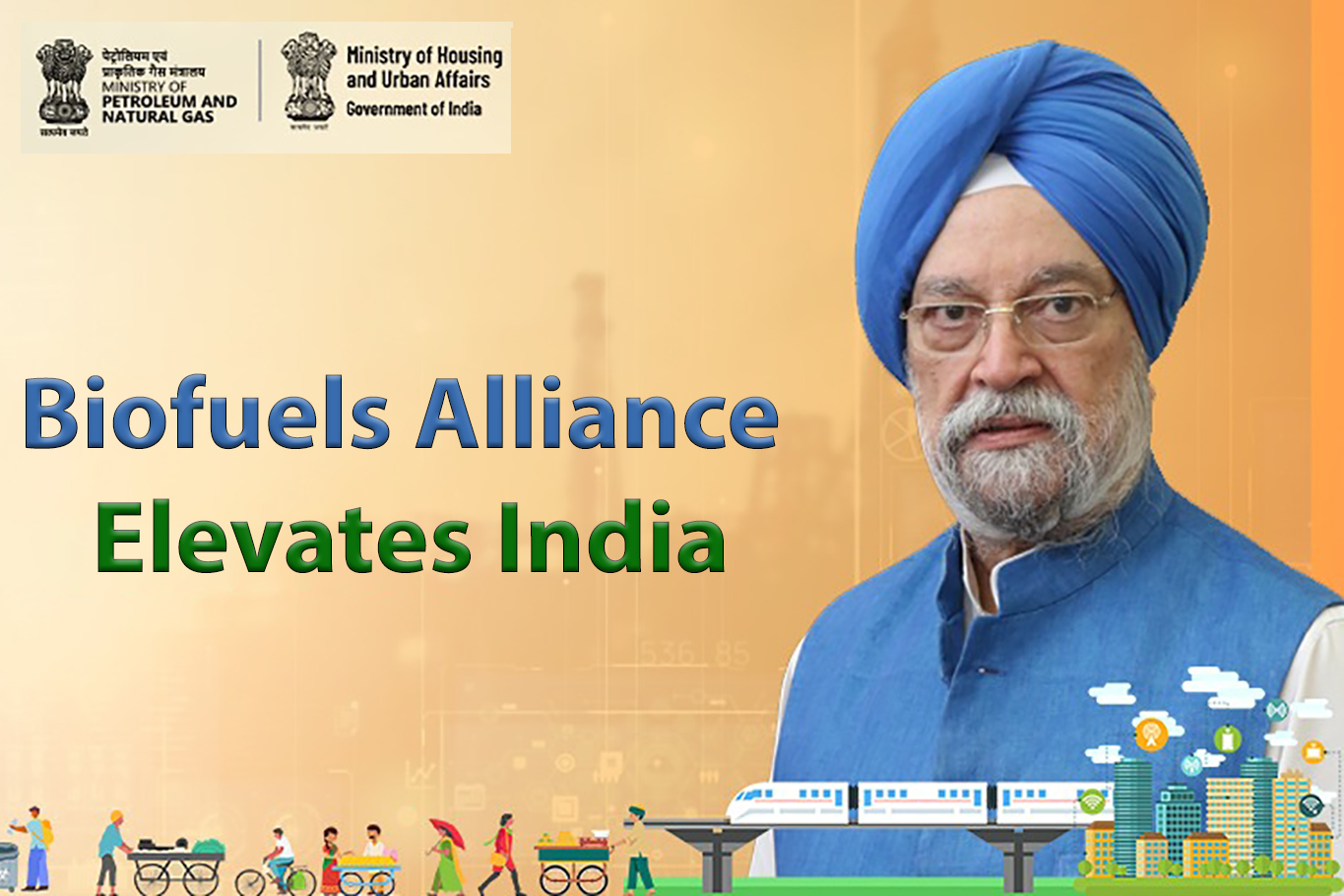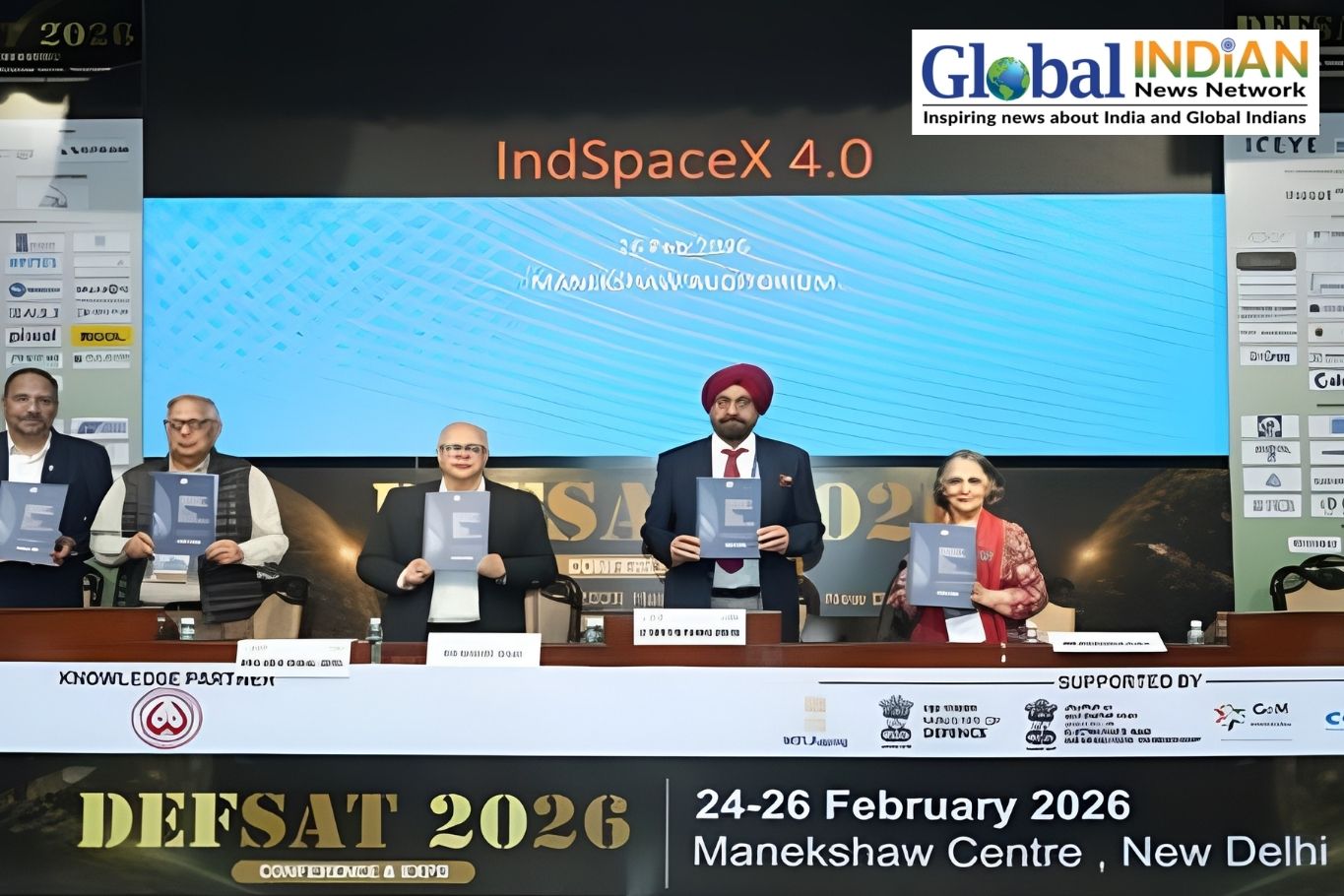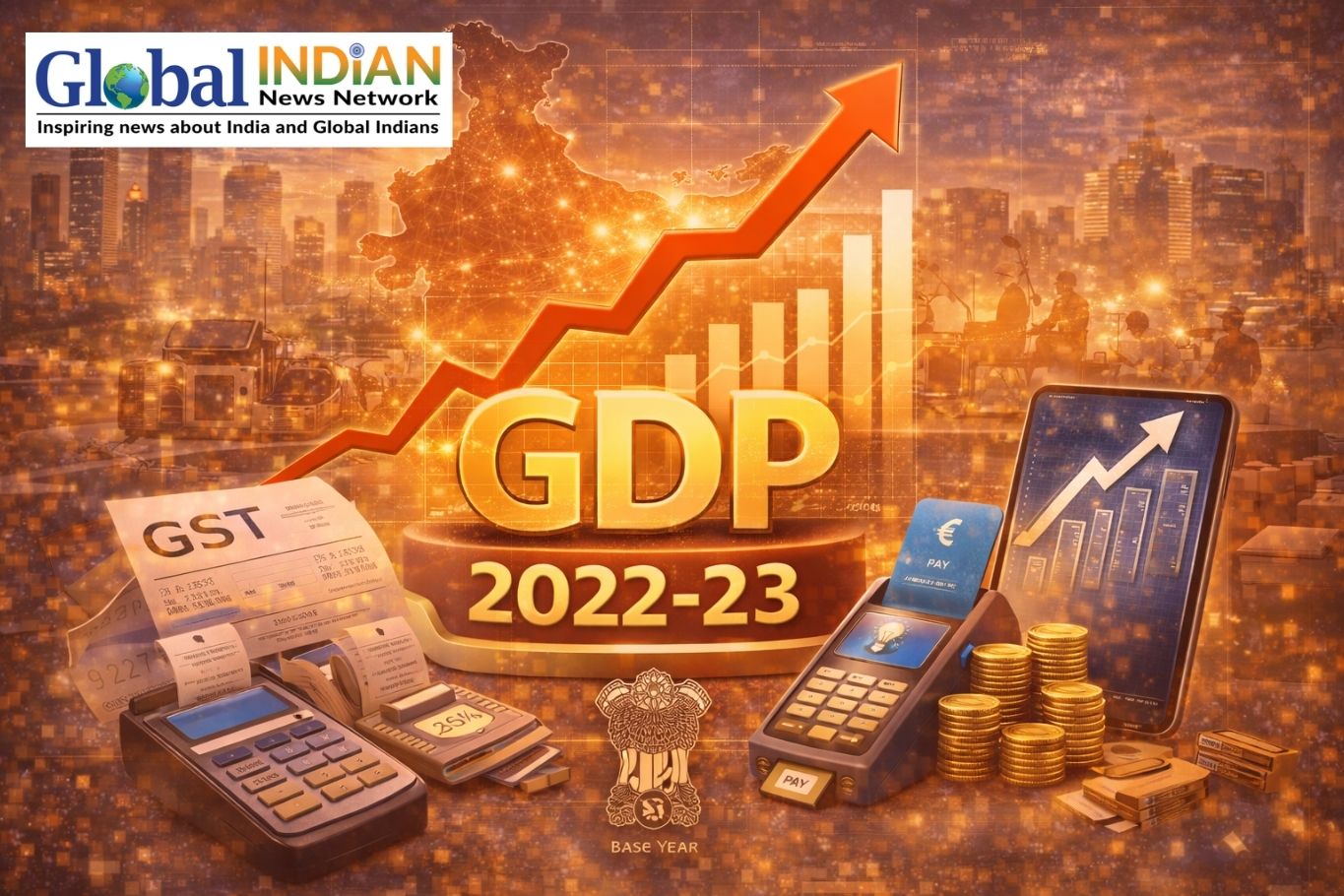 India is set to take a pioneering role in the realm of biofuels through the Global Biofuels Alliance, as announced by Mr. Hardeep Singh Puri, the Union Minister of Petroleum and Natural Gas and Housing and Urban Affairs. This initiative is poised to elevate India’s global standing, particularly as it assumes the G20 presidency. At its core, the Global Biofuels Alliance is an India-led effort aimed at facilitating the widespread adoption of biofuels, thus reducing the world’s reliance on conventional petrol and diesel.
India is set to take a pioneering role in the realm of biofuels through the Global Biofuels Alliance, as announced by Mr. Hardeep Singh Puri, the Union Minister of Petroleum and Natural Gas and Housing and Urban Affairs. This initiative is poised to elevate India’s global standing, particularly as it assumes the G20 presidency. At its core, the Global Biofuels Alliance is an India-led effort aimed at facilitating the widespread adoption of biofuels, thus reducing the world’s reliance on conventional petrol and diesel.
The catalyst for this development emerged during the G20 Summit in New Delhi, where Prime Minister Mr. Narendra Modi unveiled the Global Biofuels Alliance (GBA). This international alliance has garnered support from 12 international organizations and 19 countries, with leaders from influential nations such as Singapore, Bangladesh, Italy, the US, Brazil, Argentina, Mauritius, and the UAE attending the launch.
Backed by G20 nations and key energy-related international entities, including the International Energy Agency (IEA), International Civil Aviation Organization (ICAO), World Economic Forum (WEO), and World LPG Association, among others, the Global Biofuels Alliance stands as a visionary endeavor. Its primary goals encompass bolstering global biofuel trade, promoting best practices, and empowering its members to effectively address the Energy Quadrilemma on a global scale.
A significant aspect of this initiative lies in its potential for substantial economic savings and environmental benefits for India. The adoption of E20 fuel, consisting of 80% fossil-based fuel and 20% ethanol, could translate to annual savings of approximately Rs. 45,000 crore (US$ 5.43 billion) and a reduction of 63 million tonnes (MT) of oil usage by 2025. Although India has already introduced 20% blended fuel, its widespread availability is expected within the next two years, accelerated from the government’s previous target of 2030 to 2025.
The global ethanol market has been on a trajectory of growth, estimated at a worth of US$ 99.06 billion in 2022, with projections indicating it will reach US$ 162.12 billion by 2032, driven by a compounded annual growth rate (CAGR) of 5.1%. Furthermore, in alignment with Net Zero targets, the International Energy Agency (IEA) anticipates a substantial opportunity for India to expand its biofuel industry by 3.5-5 times by 2050. This underscores the significant impact that the Global Biofuels Alliance can have on India’s energy landscape and its potential to shape global biofuel markets.










